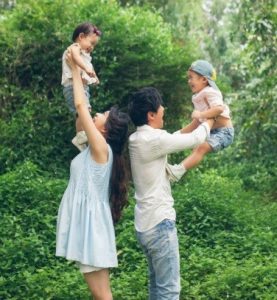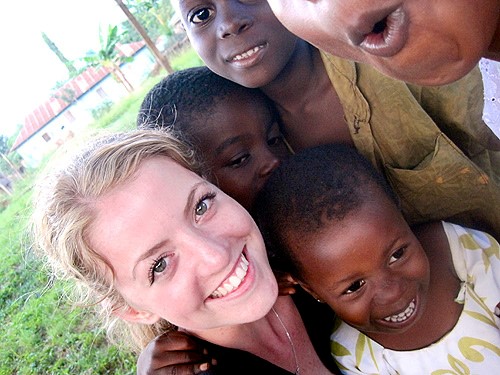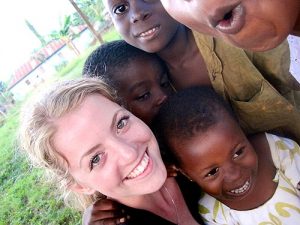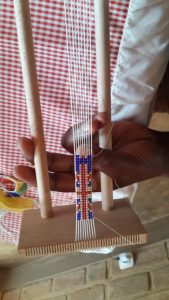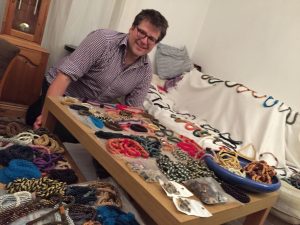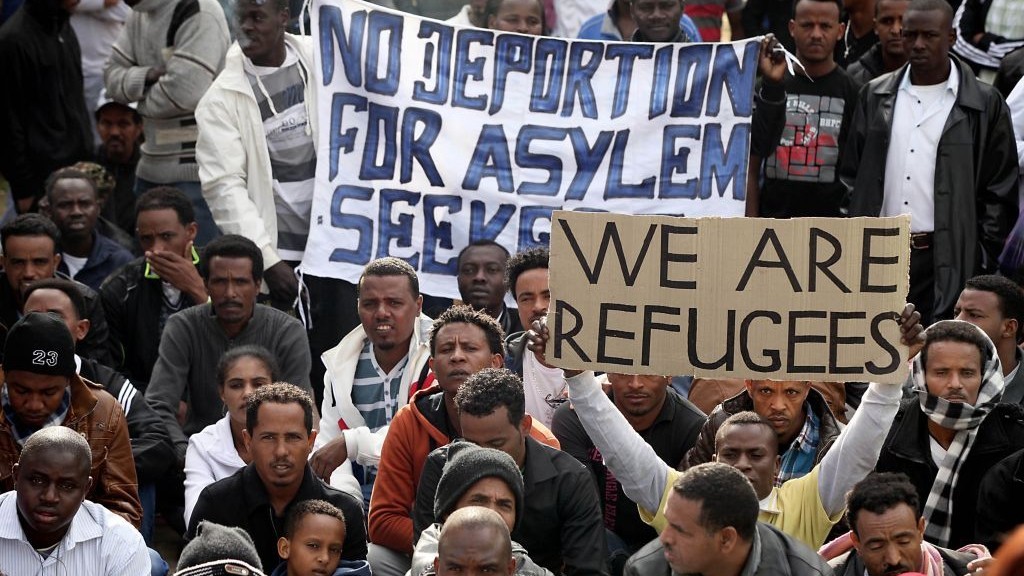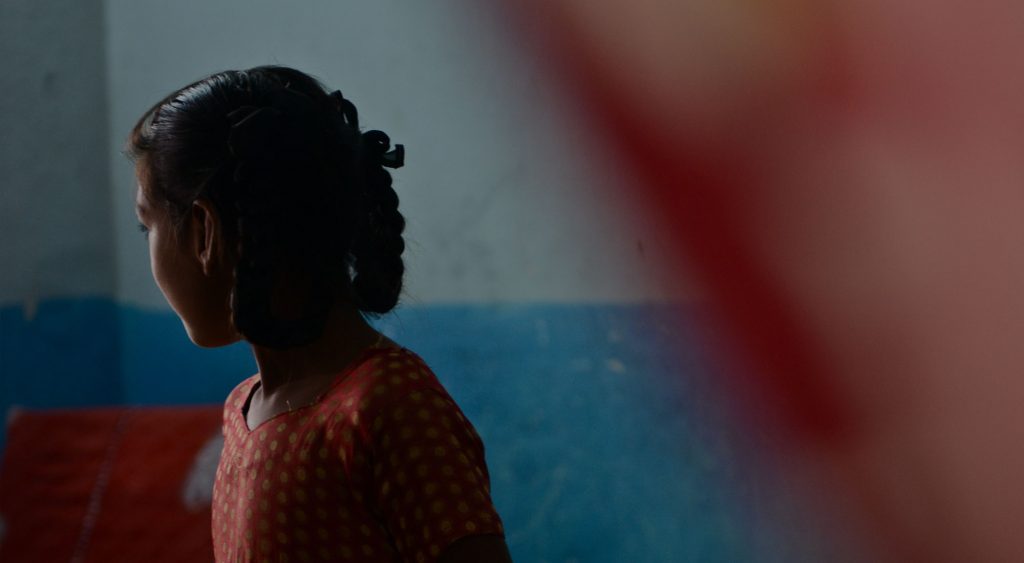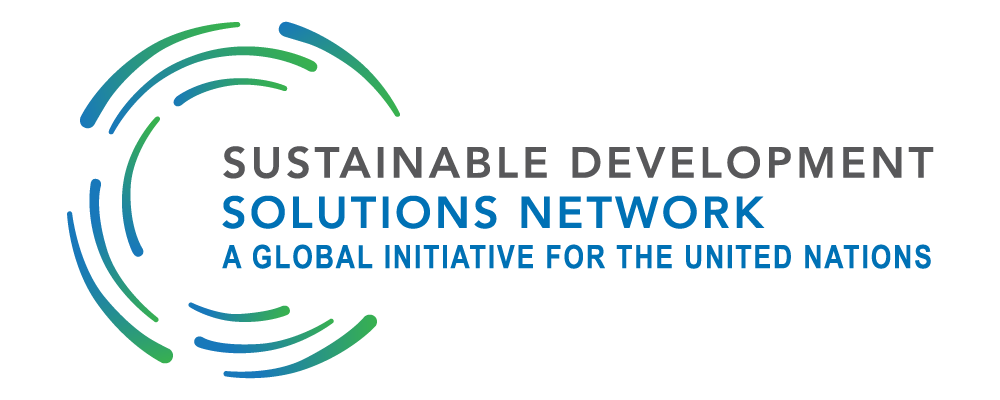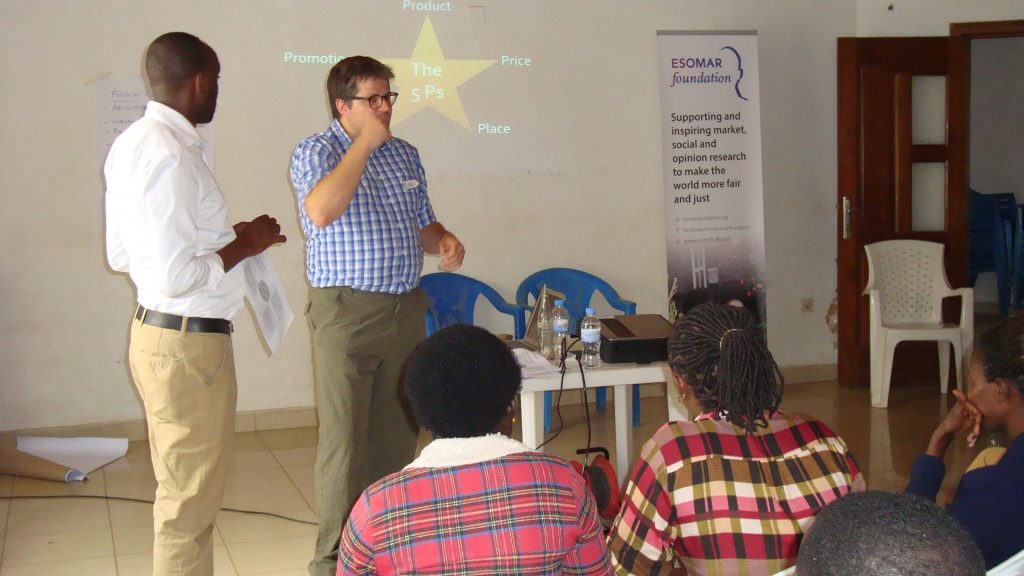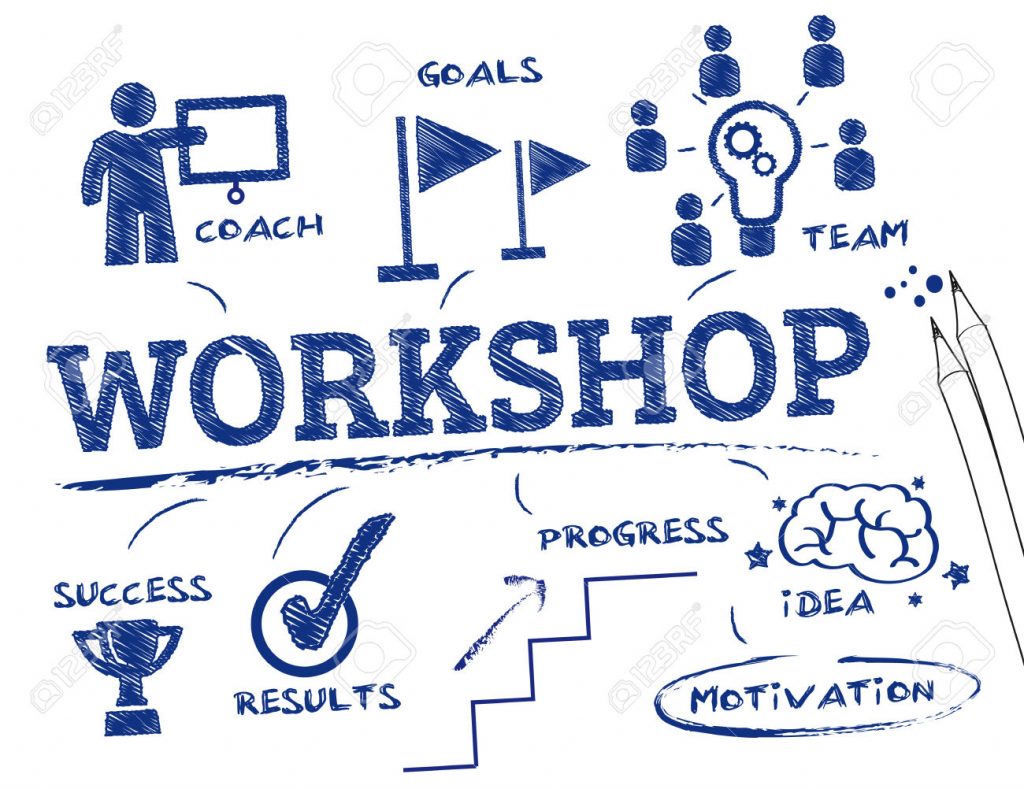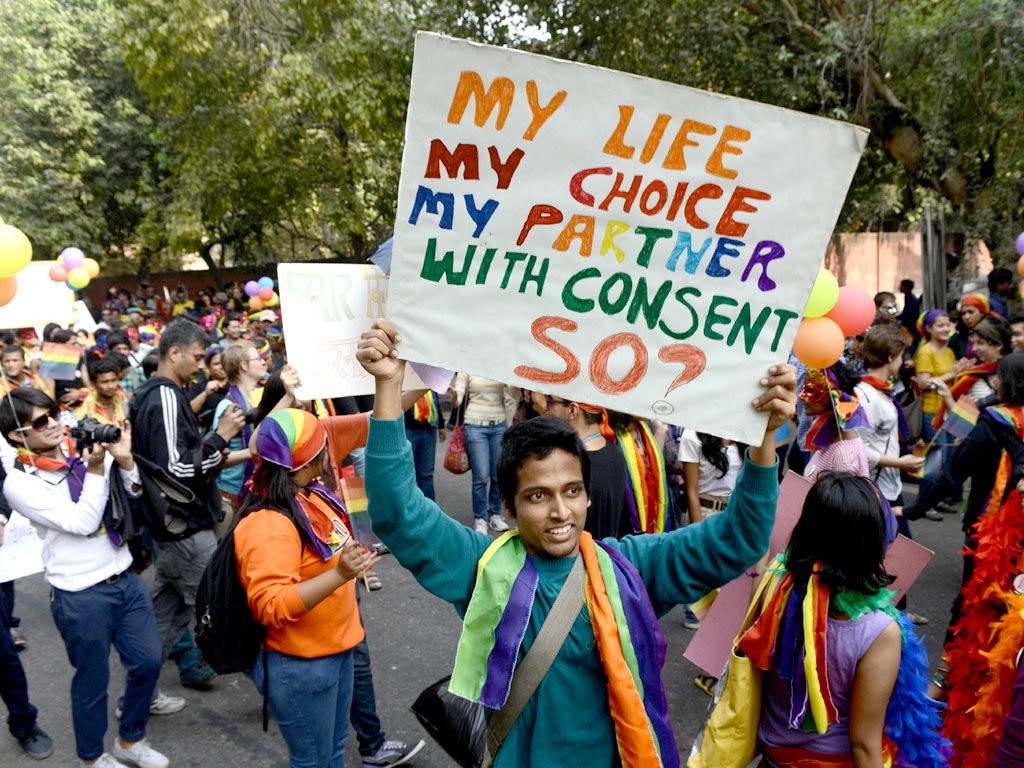Market Research can easily provide social goodwill beyond the boundaries of client-focused content
A Tale Of Engagement & Education
Is it possible to recruit a difficult audience of physicians in both developed and emerging markets without paying them a dime? Common sense in our industry would clearly say no. When it comes to doctors, money seems to be the only means of engagement amongst a multitude of social media and online activities, in which market research could be just one of those.
Well, let’s see a “natural experiment” that may prove us wrong in assuming this too readily.
Engaging With Medical Professionals
In October 4th, 2016, Matthew, a category 5 Hurricane, impacted the shores of Haiti, the poorest country in the Americas. The consequences were devastating: thousands fleeing their homes and a significant death toll. The situation could not have been worse. Add to all of this, the fact that Haiti was still recovering from the terrible earthquake suffered in 2010 and the outbreak of cholera that followed afterwards.
Only a week later, we received a call from a humanitarian organization to help with the emergency. So we came up with the idea of developing a survey that we thought would be interesting for our target, asking doctors in several countries in Latin America (Brazil, Mexico, Argentina, Colombia and Chile) and in the US and Canada, not only about the main challenges in their own profession but also about how prepared the Americas were to cope with natural disasters.
As a thank you for their valuable time, the only incentive offered was the possibility of obtaining topline results and, more importantly, the donation of one blanket and a gallon of water for the victims for each completed survey through Save The Children’s mission in Haiti.
In two weeks an unexpected total of 2,870 doctors from Canada to Argentina completed this survey, resulting in an equal number of donations.
These results were shocking. Whilst we have used donations as incentives for regular market research surveys with doctors, these had always been an infrequent choice, with typically only 5% or less opting to make a donation.
And it was not only the doctors that became engaged, partners followed. Other than internal work, the donation was in fact the only cost of the project. Confirmit gladly waived their software license costs for these surveys. Our partners at Reckner Healthcare generously undertook the recruiting of their panelists in US and Canada at their expense. External translators and scripters also refused to charge anything for this last-minute request for professional work.
The lesson is clear. If you have engaging and emotionally resonant content, then engagement will not be a problem.
Educating Ourselves Concerning Disasters and Hope
Topline results have already been shared with members of UNICEF and other organizations are already exposing a situation that otherwise might have been unnoticed were it not for our engagement with frontline medical workers. Key results show that:
• According to their fellow doctors, no country surveyed across the America seems to be well-prepared to face a natural disaster
• Whilst the Chileans, Americans and Canadians are slightly less negative about their own capabilities, Mexicans rate in the middle, with Brazilians and Argentines the most pessimistic
• Consistent with this regional perception, the majority of physicians surveyed in each country have not received any specific training to cope with natural disaster events and most hospital doctors stated that no such training has been held at their workplace
• The recommendation of these healthcare professionals for future public policy is that priorities should be mainly focused on just one issue: creating well-defined protocols (for early warning, evacuation from risk areas and victim treatment through a well-structured healthcare system). This was rated as much more important topic than investing in shelters or infrastructure. As one insightful Colombian doctor put it “the disaster is not natural, it is organizational!”
We are now in the process of disseminating these results so that the findings can be taken to policy makers in these countries and help us to be better prepared for future events.
Market Research: Well Placed To Help The World?
The other insight we learned from this experience was the discovery that the tools we have patiently developed and heavily invested in over the years as market researchers, can easily provide social goodwill beyond the boundaries of client-focused content.
Without the technical and social infrastructure of panel communities originally created for market research purposes, this survey would have been extremely expensive, time-consuming, and most likely would not have taken place.
And thinking about our industry we do hope this experience can be useful to show how smoothly our market research tools and existing capabilities can be used to assist relevant non-profit causes.
By Diego Casaravilla, Managing Partner of FINE, a Latin American fielding agency




